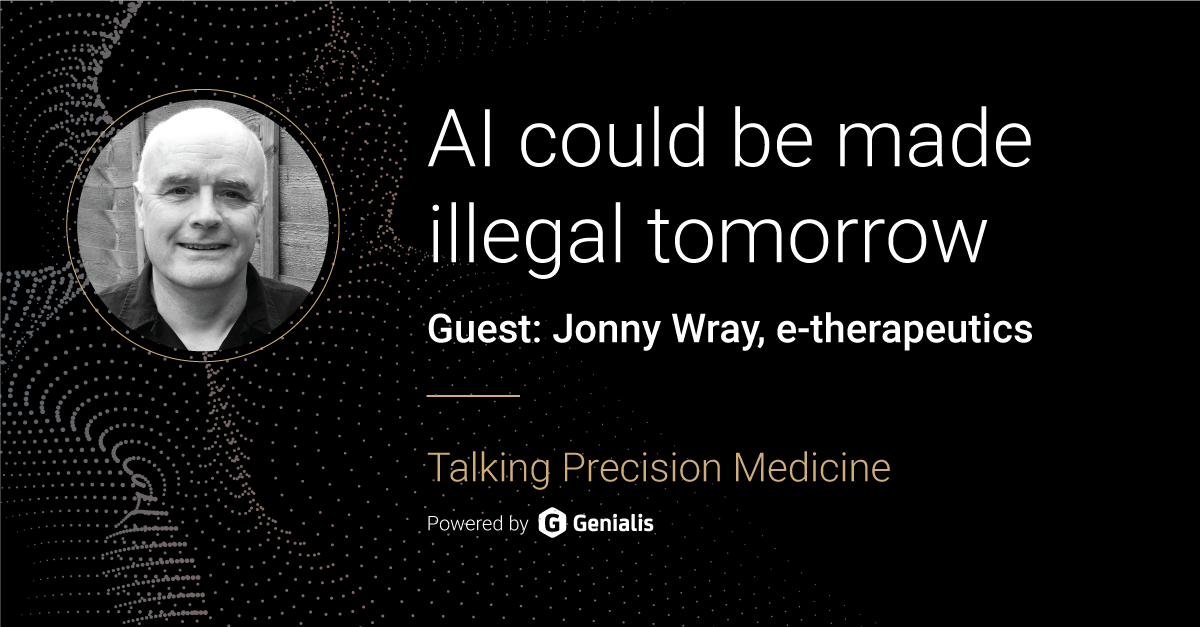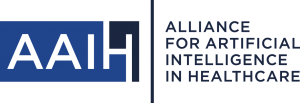Welcome to Talking Precision Medicine podcast. In this series, we sit down with experts in the application of AI and big data analytics in the drug discovery space. Our guests are innovators, business decision makers and thought leaders at the intersection of data and therapeutics. We discuss the promise, practice, challenges, and myths of AI in precision medicine. This show is brought to you by Genialis, and Rafael, our CEO, is your host.
Genialis is focused on data integration and predictive modeling in precision medicine. We help accelerate the discovery and de-risk the development of novel therapeutics. From heterogeneous data and diverse information stores, we predict with confidence drug targets and biomarkers of tolerance, efficacy, and outcome.
In this episode, we speak with Jonny Wray who is the Head of Discovery Informatics at e-therapeutics—a network-driven drug discovery company. He has extensive experience in applying mathematical and computational techniques to the modeling and analysis of biological systems and is responsible for the conceptual formulation of the network-driven drug discovery approach pioneered at e-Therapeutics.
Episode highlights:
- One of the core problems that face drug discovery, which is when we are trying to discover drugs we are trying to manipulate phenotype, and inherently we need to manipulate the system on the molecular level. And there is a gap there, between the molecular and the phenotypic level.
- Discovery is heavily data powered and data they use fall into 3 gross camps: cellular interaction data, compound bioactivity database, and transcriptomics and disease normal sources. And we utilize AI effectively to fill in missing gaps in these available data sources and augment the empirical data sources with predicted.
- AI could be made illegal tomorrow, however you define AI, and we would still be able to operate because it is a more mechanistic approach. But AI and ML are useful to give us data to drive that mechanistic modeling.
- It is definitely not a “press the button and get the answer out” approach, you need to know quite a lot about biology and a disease.
- From one of our recent initiatives we produced a unique chemical matter, we filed a compositional matter patent, so we discovered something completely novel chemically wise. We know the mechanism of action unique and differentiated from any of the reagents in the clinic and we’re in the process to show that uniqueness is actually beneficial.

